Cell Cycle/Checkpoint

The cell cycle is consisted of 4 main phases: Gap 1 (G1), DNA replication (S), Gap 2 (G2), and mitosis (M). There are “checkpoints” mechanism regulates the transition between these phases, at the G1/S boundary, in the S-phase and during G2/M phases. Cell can only pass through these checkpoints when signaling factors are activated and free of DNA damage. Important proteins that control cell cycle events and checkpoints are cullins, cyclins, cyclin-dependent kinases (Cdks), p53 and their inhibitors etc. Cdks family (Cdk2, Cdk3, Cdk4 and Cdk6) are Ser/Thr kinases that regulate cell cycle progression in association with cyclin binding partners (cyclin D, cyclin E and cyclin A) during all four phases. p53 halts the cell cycle if the DNA is damaged and allowing time for DNA repair to progress; it can also initiate apoptosis if DNA damage is too severe to be repaired.
-
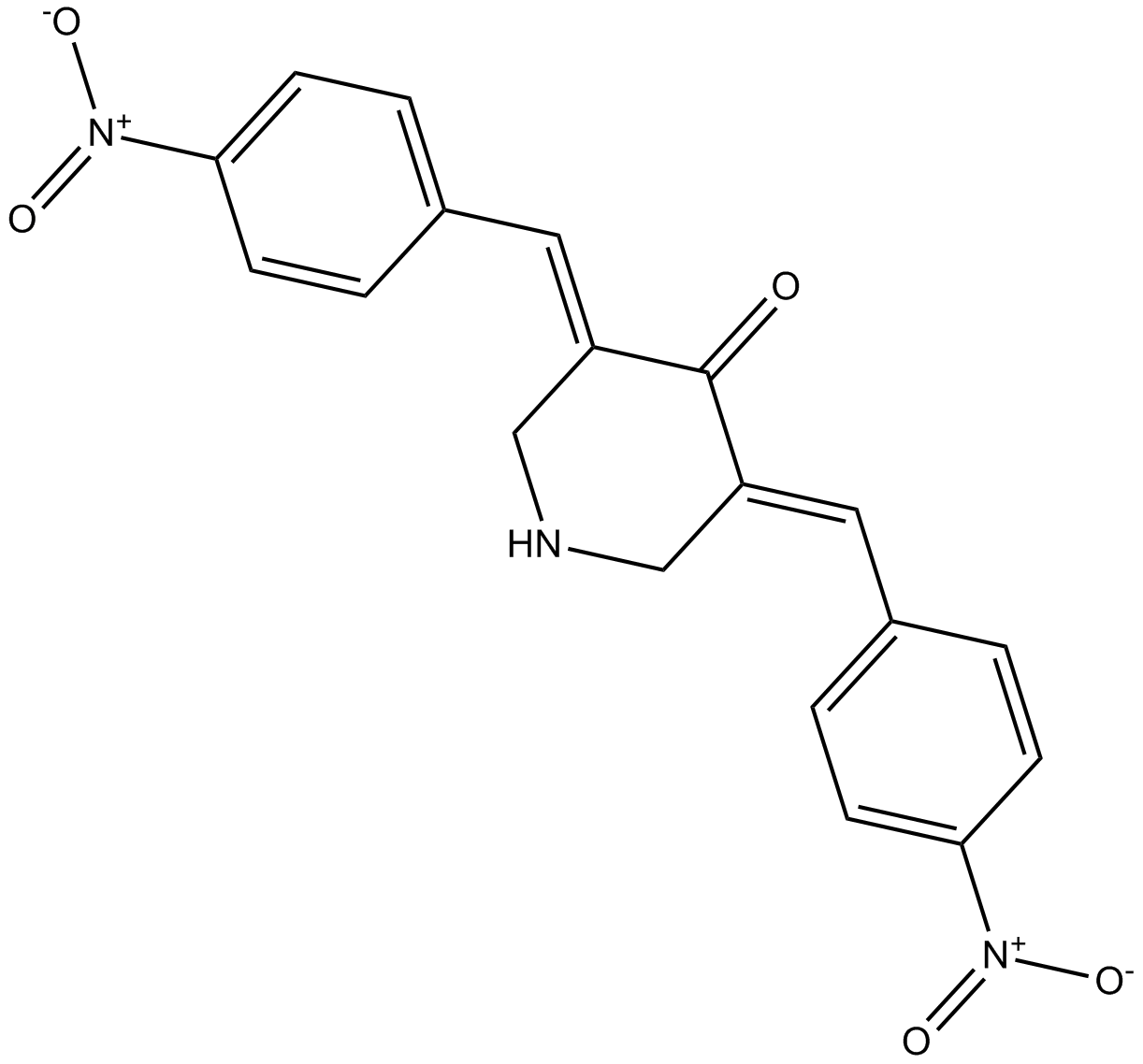 B8548 RA-9Summary: 有效的,具有选择性和细胞渗透性的蛋白酶体相关DUBs抑制剂
B8548 RA-9Summary: 有效的,具有选择性和细胞渗透性的蛋白酶体相关DUBs抑制剂 -
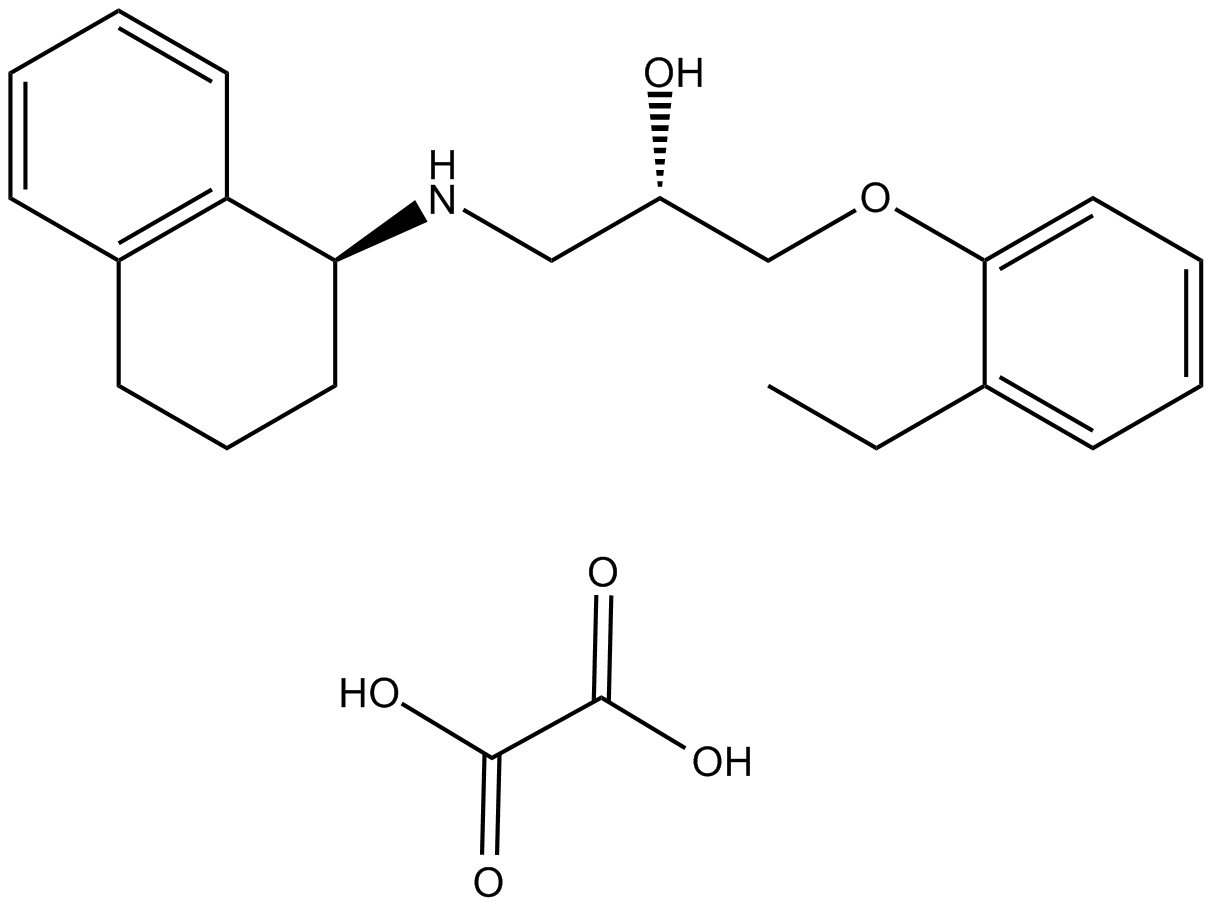 B8547 SR59230ASummary: 有效的选择性 β3-肾上腺素能受体拮抗剂,并具有穿透血脑屏障的能力
B8547 SR59230ASummary: 有效的选择性 β3-肾上腺素能受体拮抗剂,并具有穿透血脑屏障的能力 -
 B8539 KY-226Summary: 蛋白酪氨酸磷酸酶1B(PTP1B)抑制剂
B8539 KY-226Summary: 蛋白酪氨酸磷酸酶1B(PTP1B)抑制剂 -
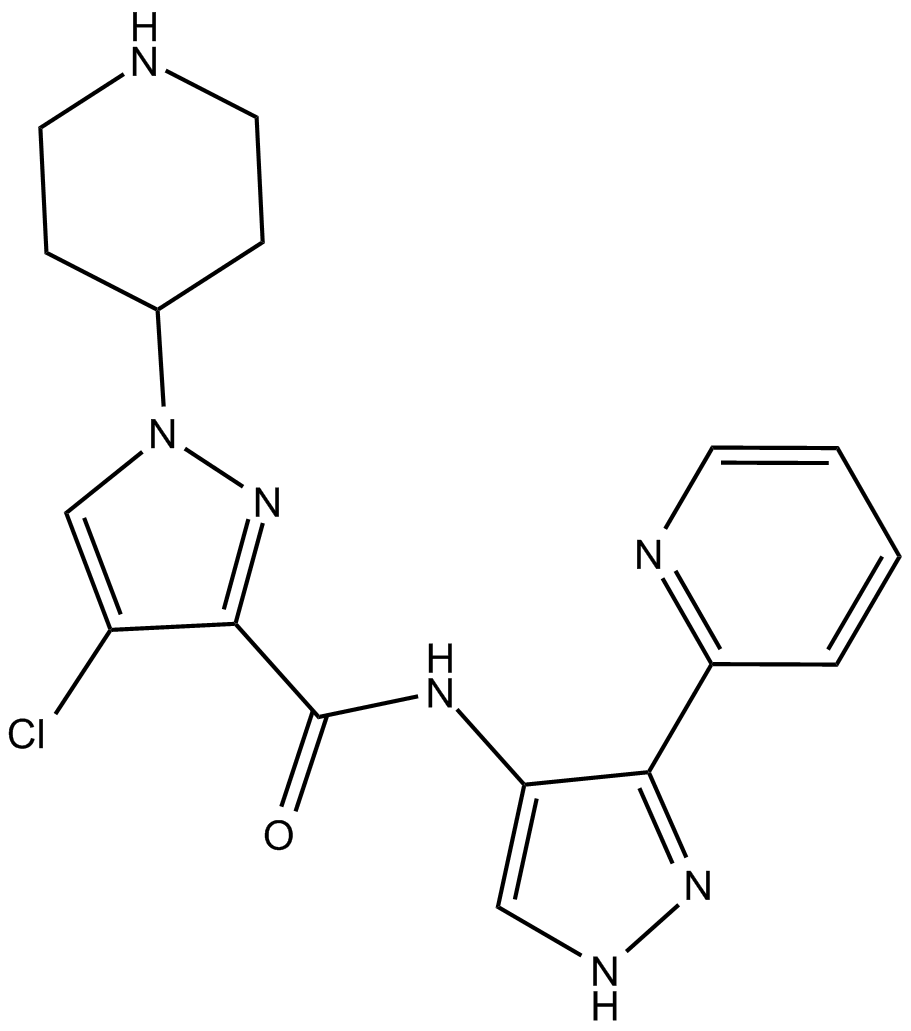 B8531 BDP5290Summary: ROCK 和 MRCK 的有效抑制剂
B8531 BDP5290Summary: ROCK 和 MRCK 的有效抑制剂 -
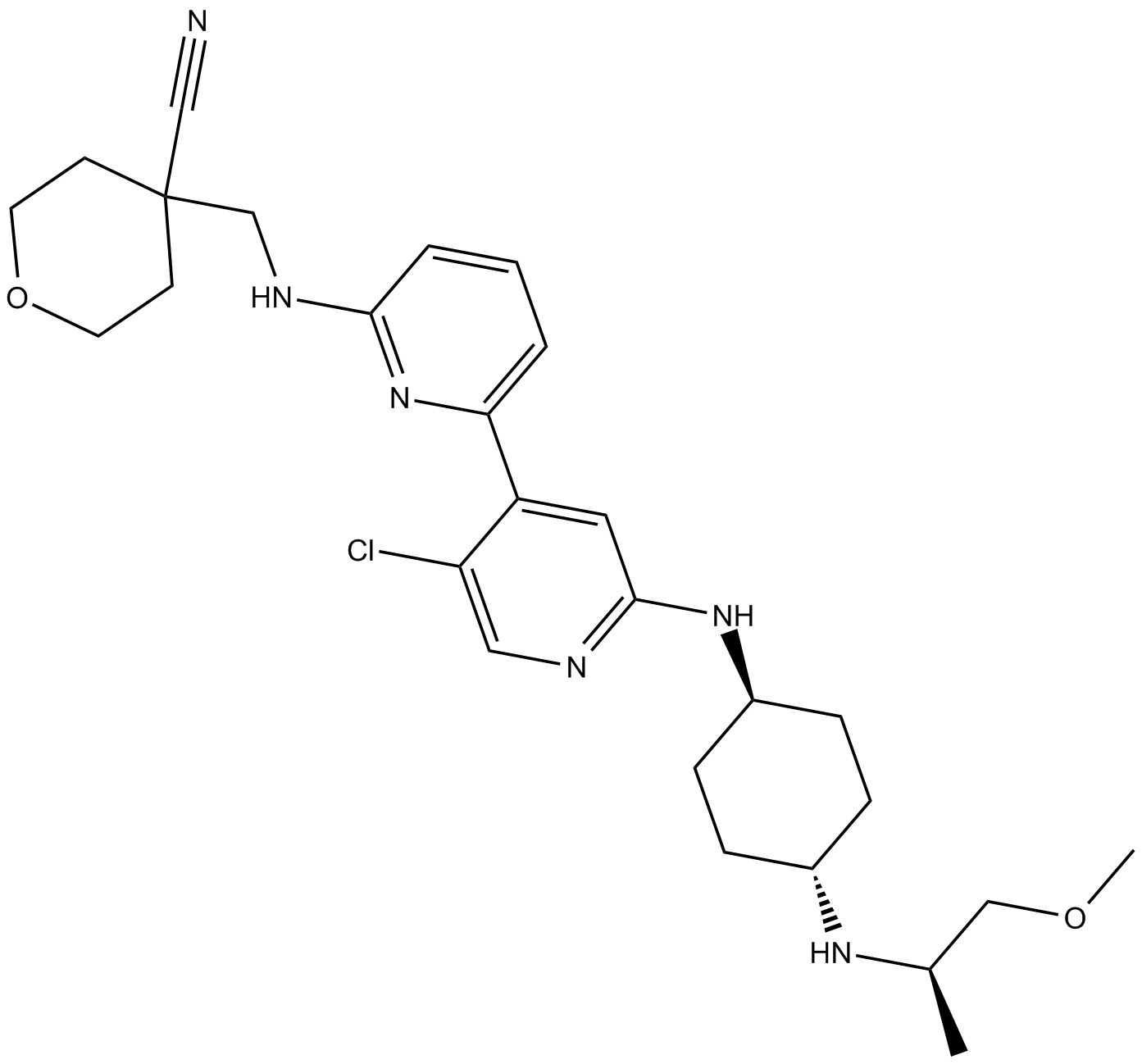 B8527 NVP-2Summary: 一种有效的、选择性的、非神经毒性和ATP竞争性的 cyclin dependent kinase 9 (CDK9) 的抑制剂
B8527 NVP-2Summary: 一种有效的、选择性的、非神经毒性和ATP竞争性的 cyclin dependent kinase 9 (CDK9) 的抑制剂 -
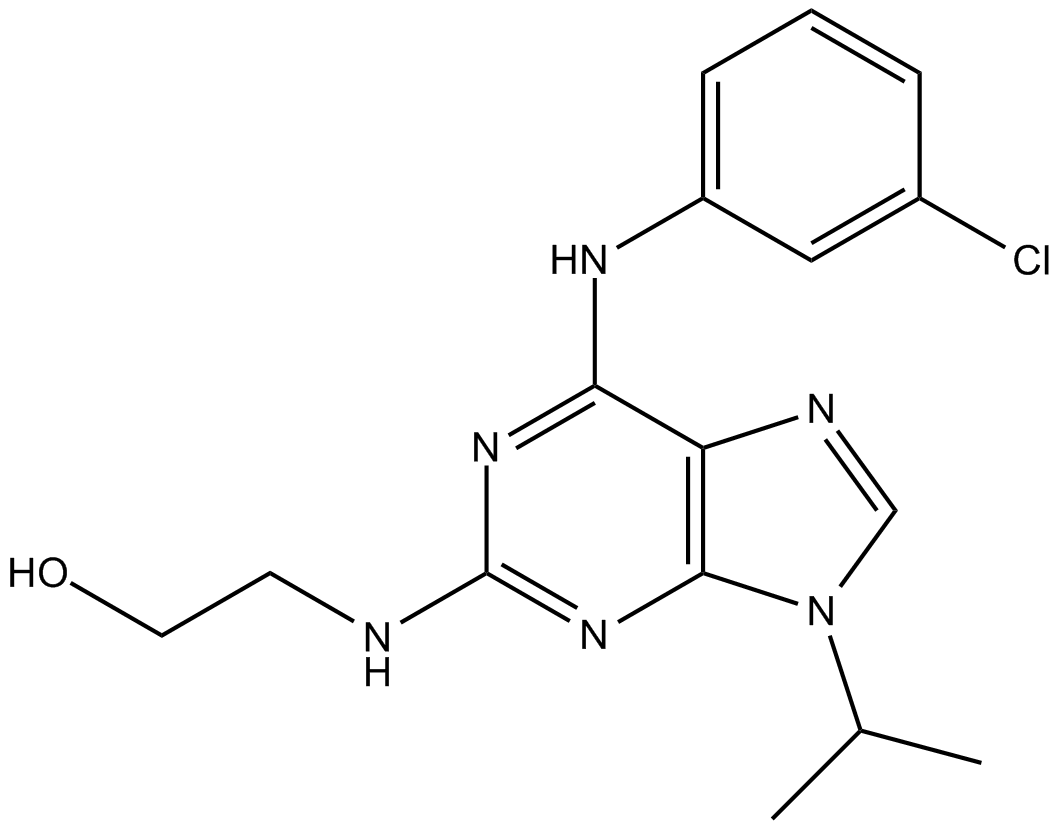 B8515 NG 52Summary: 有效的选择性的Cdc28p and Pho85p激酶抑制剂
B8515 NG 52Summary: 有效的选择性的Cdc28p and Pho85p激酶抑制剂 -
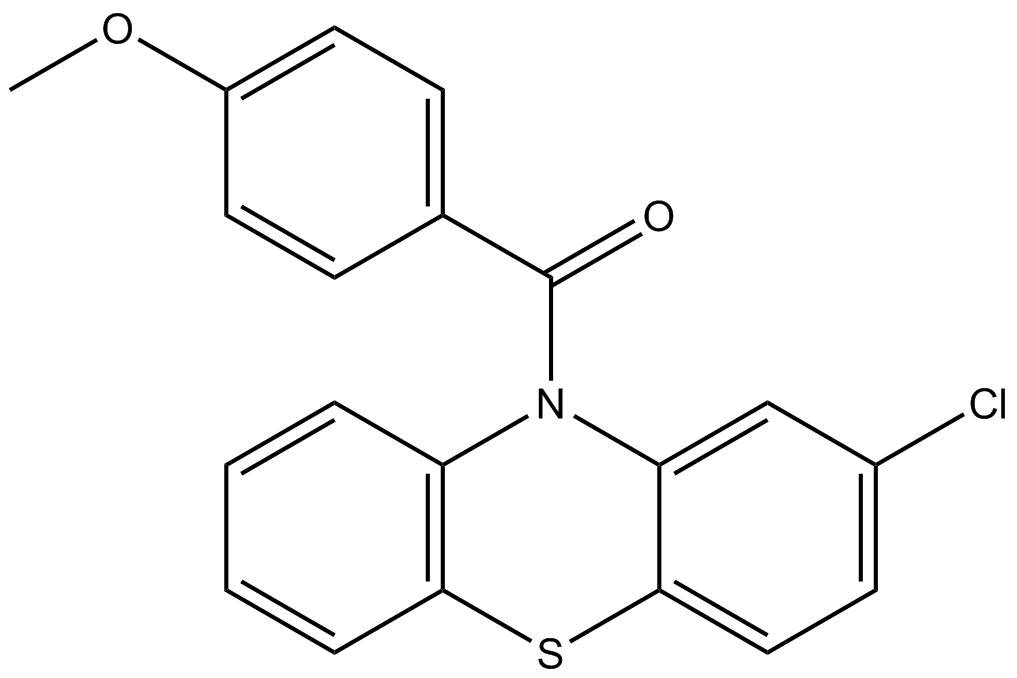 B8506 Tubulin inhibitor 6Summary: 微管蛋白抑制剂
B8506 Tubulin inhibitor 6Summary: 微管蛋白抑制剂 -
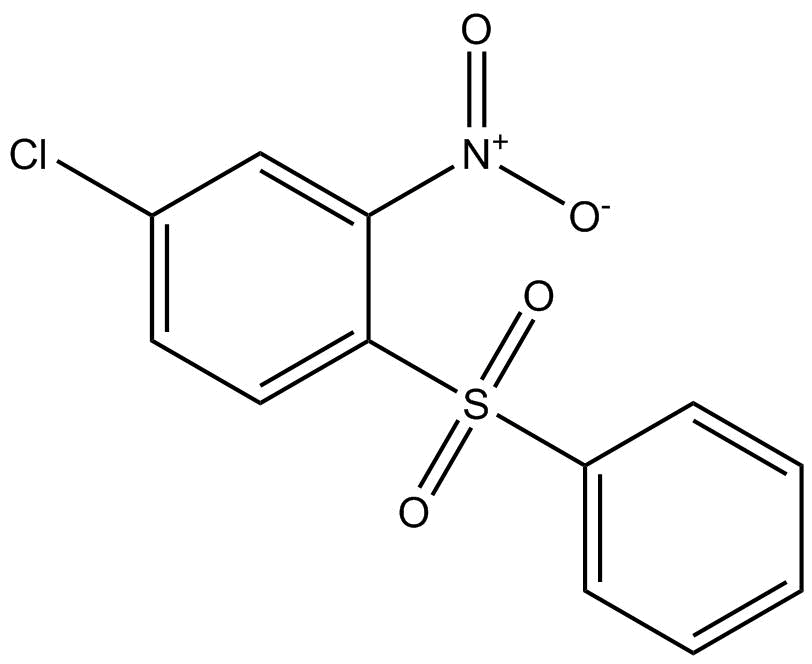 B8479 BTB-1Summary: 有效,选择性和可逆的有丝分裂运动蛋白Kif18A的抑制剂
B8479 BTB-1Summary: 有效,选择性和可逆的有丝分裂运动蛋白Kif18A的抑制剂 -
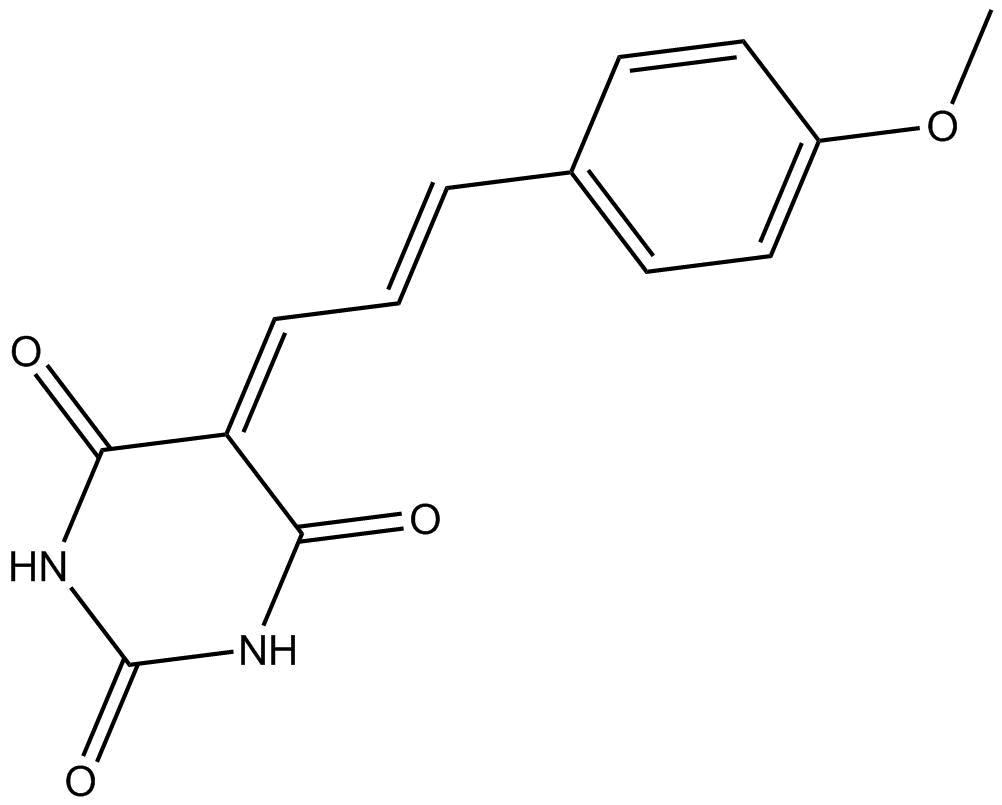 B8475 ML346Summary: Hsp70 和 HSF-1 活性的激活剂
B8475 ML346Summary: Hsp70 和 HSF-1 活性的激活剂 -
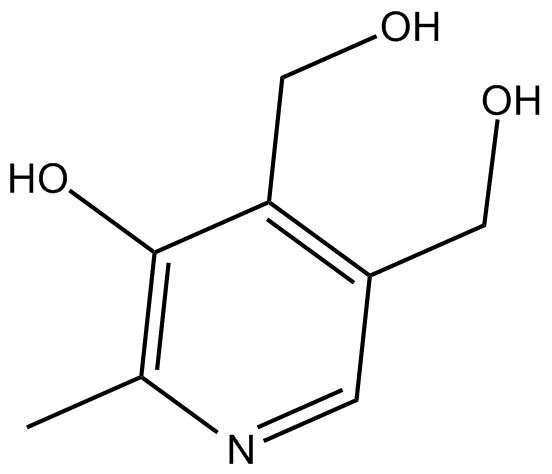 B7912 Pyridoxine中文名: 吡哆醇Summary: A pyridine derivative
B7912 Pyridoxine中文名: 吡哆醇Summary: A pyridine derivative

